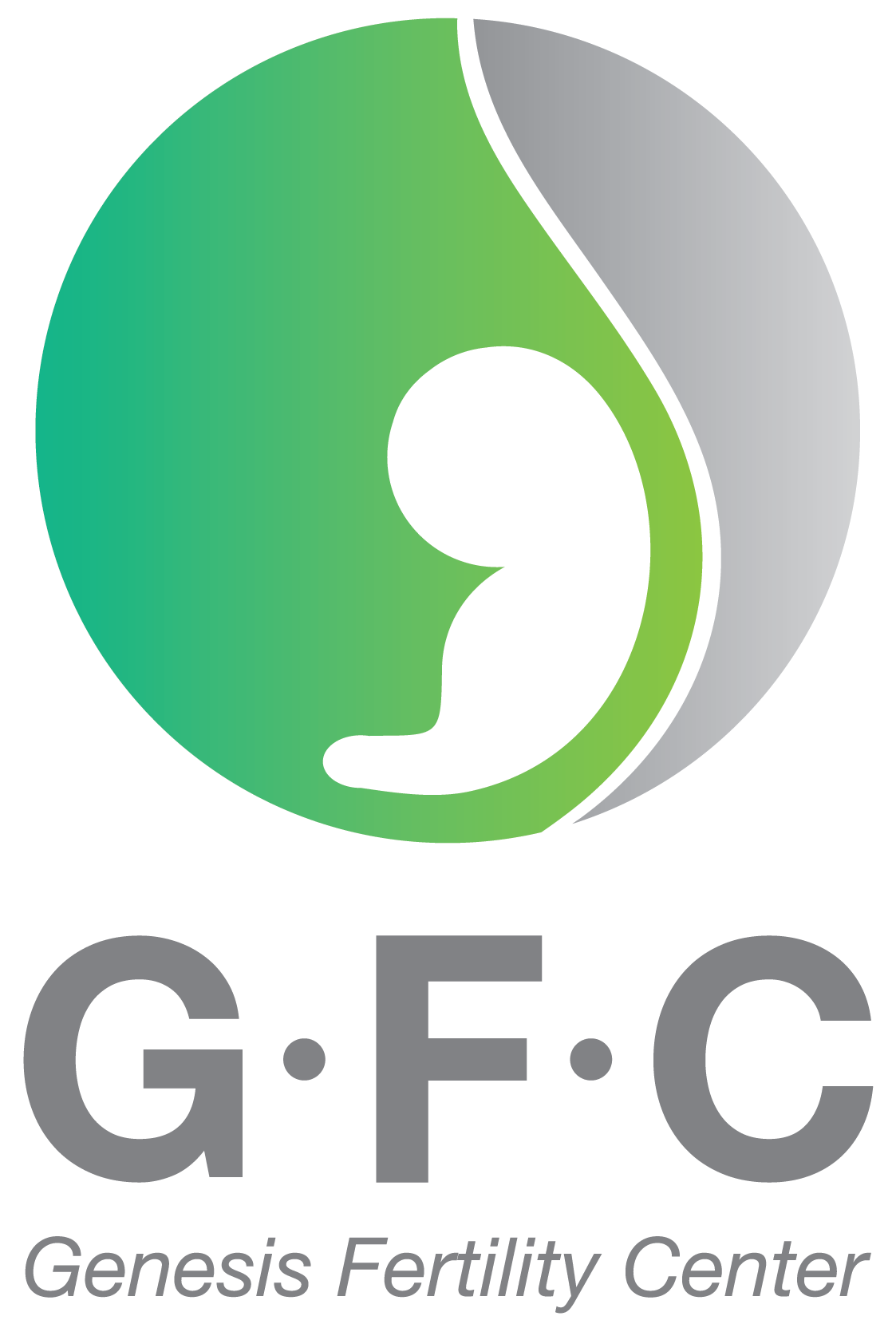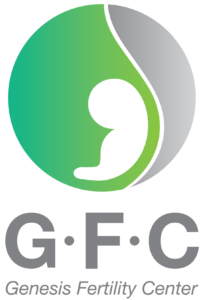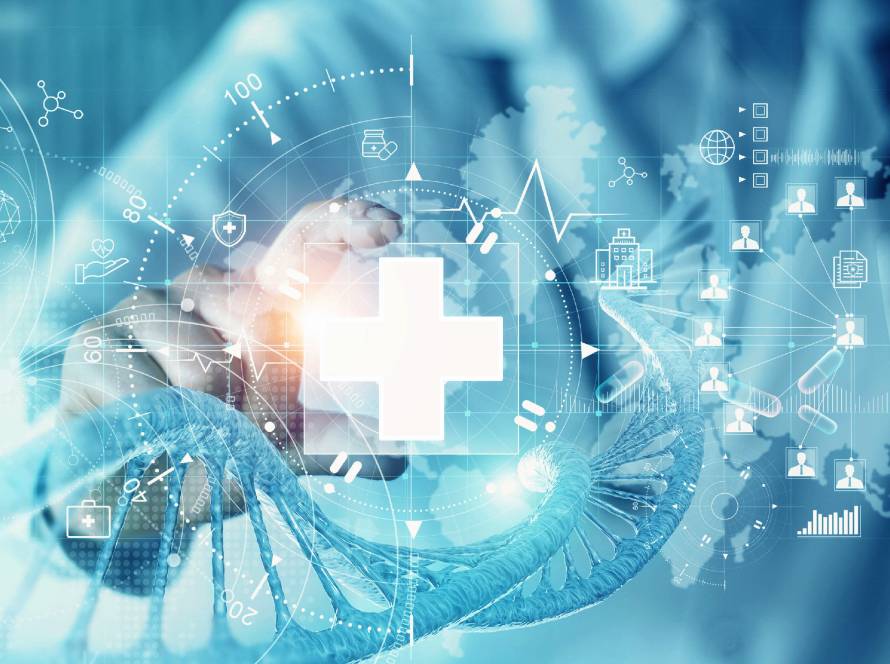When facing infertility, which method is better: IVF or ICSI?
Having a complete and happy family is a desire of every couple, in order to step into the roles of being a father and mother with their little one as the heartwarming centerpiece. However, difficulties in conceiving have become one of the most heart-wrenching problems faced by many couples. With the remarkable advancements in medical science, IVF and ICSI treatments have become one of the viable options for couples struggling with infertility.
‘Pregnancy’ can be a challenging issue for some couples due to various reasons. Women may experience complications in their reproductive system, such as pelvic fibrosis, endometriosis, blocked or destroyed fallopian tubes, or even conditions that cause irregular ovulation or delayed ovulation due to a hormonal imbalance. Meanwhile, men may suffer from low sperm count, abnormal sperm shape, or poor sperm motility.
When couples face infertility problems and have been trying to conceive naturally for more than 1 year without success, they may consider in vitro fertilization (IVF) or intracytoplasmic sperm injection (ICSI) at Genesis Fertility Center (GFC), a clinic specializing in fertility treatment. Here are the differences between these two methods that may help couples decide on the most appropriate treatment for them.
What are ICSI and IVF?
ICSI (Intracytoplasmic Sperm Injection) is a method of creating a test-tube baby. This technique involves selecting the strongest sperm using a microscope and injecting it directly into the egg using a microneedle. The fertilized egg is then cultured in a laboratory using a special nutrient solution until it reaches an appropriate stage of development. Finally, the embryo is transferred into the uterus to establish a pregnancy. ICSI can be used to address infertility in both men and women.
IVF (In-Vitro Fertilization) is another method of creating a test-tube baby. This involves selecting fully mature eggs from the female and strong sperm from the male to fertilize externally. The fertilized eggs are then cultured until they develop into embryos, which are later transferred into the uterus to establish a pregnancy. In this method, the male sperm needs to penetrate the egg on its own. This technique has a lower success rate compared to ICSI.
Difference between ICSI and IVF.
ICSI is a technique that facilitates precise fertilization and is suitable for individuals with low sperm count, abnormal sperm shape or motility, high levels of antibodies in the semen, or those who have undergone vasectomy. The success rate of ICSI is higher because it allows us to select only the healthiest and strongest sperm for fertilization. The ICSI process involves stimulating the ovaries on day 2 of the menstrual cycle with hormone injections for 8–14 days. When the eggs are matured, ovulation injection is administered. Ultrasound is then used to monitor the size and number of follicles before collecting the eggs using extraction technique. The collected eggs and sperm are then fertilized in a laboratory and hormone injections are given to prepare the woman’s uterus for embryo transfer. After the embryos have developed into strong and viable ones, they are transferred into the woman’s uterus through the vagina canal.
On the other hand, IVF is a procedure that allows for natural fertilization. It is suitable for women who are 37 years of age or younger, who have problems with damaged or blocked fallopian tubes, and who have problems with ovulation. In the process of making test-tube babies using the IVF method, doctors will check for readiness before stimulating the egg on days 2–3 of the menstrual cycle and injecting abdominal hormones to stimulate the egg for about 8–14 days. When the desired egg is obtained, a trigger shot will be given to induce ovulation, and a date will be set for egg retrieval. Meanwhile, the man will collect semen. Once the egg and sperm have fertilized and become embryos, they will be cultured in a nutrient medium until they grow well enough to be transferred to the uterus. In the case of fresh cycles, the embryos will be transferred after 3–5 days of development. Alternatively, the woman can request to freeze the eggs and arrange for a frozen embryo transfer when the uterine lining is ready. The doctor will follow up and check the pregnancy hormone level in the blood about 10 days after the embryo transfer.
Is there a difference in cost between ICSI and IVF?
Both ICSI and IVF typically cost between 100,000 and 300,000 baht, depending on the service provider, whether it is a private hospital, a public hospital, or a fertility clinic. However, generally, the cost of ICSI is higher than that of IVF because the process of ICSI is more complex and delicate than IVF. It requires the expertise of specialized scientists and the use of special equipment to ensure a higher chance of successful pregnancy than with IVF, which has a higher chance of failure due to the inability to control multiple sperm entering the egg.
Although ICSI is a treatment for infertility that has a higher chance of successful pregnancy compared to IVF, it is also a method that requires caution. For example, there is a risk of damaging the fragile egg during the process, due to the delicacy of the egg. Selecting a reputable clinic with excellent laboratory facilities and experienced professionals can help reduce the risk of damage. Additionally, research has found that ICSI can reduce the risk of chromosomal abnormalities, autism, and intellectual disabilities in children compared to IVF, which is a more natural method of pregnancy.
Understanding pregnancy rates of ICSI and IVF
The success rate of ICSI compared to IVF is slightly higher, with a generally estimated rate of around 70% of eggs being successfully fertilized through ICSI. The pregnancy success rate between ICSI and IVF is similar, typically falling within the range of 40–70%, depending on various factors such as age, other fertility conditions, and the overall health of both partners. ‘Age’, in particular, is a highly significant variable in determining pregnancy success.
For women aged between 30–31 years who start receiving treatment for infertility through single cycle stimulation, the chance of getting pregnant is 48%, and increases to 61% if they receive stimulation in a second cycle.
For women aged between 34–35 years who start receiving treatment for infertility through single cycle stimulation, the chance of getting pregnant is 40%, and increases to 54% if they receive stimulation in a second cycle.
For women aged between 40–41 years who start receiving treatment for infertility through single cycle stimulation, the chance of getting pregnant is 13%, and increases to 21% if they receive stimulation in a second cycle.
Therefore, the treatment of infertility from clinics and hospitals, with the help of medical teams, can assist you in assessing the success rates with greater accuracy between performing ICSI and IVF. The health impact of both ICSI and IVF is considered safe and almost free from complications. However, there are four associated risks when treating infertility with IVF or ICSI. 1. The occurrence of twins or triplets due to excessive response to fertility drugs or excessive stimulation of the ovaries, resulting in a higher chance of multiple pregnancies. 2. Premature birth and low birth weight. 3. The risk of birth defects slightly increases compared to naturally conceived babies. 4. Some couples may experience emotional health risks when undergoing the process of IVF or ICSI.
If you are a couple experiencing fertility problems, Genesis Fertility Center or GFC is a medical center that offers comprehensive services to assist couples in achieving pregnancy using advanced technology. The center’s team of medical professionals and staff provide specialized care and attention, utilizing the process of IVF/ICSI to help couples conceive.
Call Center 097-484-5335
Monday–Friday: 9.00–20.00 Saturday–Sunday: 8.00–20.00.



